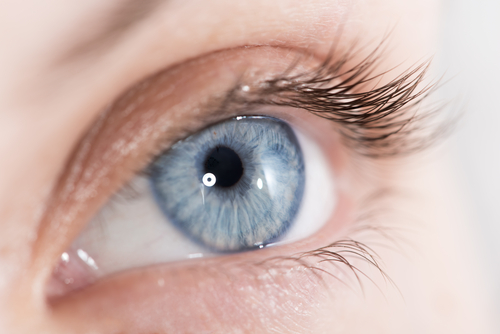Rare Disease Day is February 28

Rare Disease Day takes place on the last day of every February. The idea behind the day is to create awareness about rare diseases and the impact they have on people’s lives.

Dr. Robert Sisk, a vitreoretinal specialist at Cincinnati Eye Institute, published a Letter to the Editor in Sunday’s Cincinnati Enquirer about achromatopsia, an inherited retinal disease without a cure.
Dear Editor,
As we approach Rare Disease Day, which is observed on Thursday, February 28, I’m asking adults from all over Ohio, Kentucky, and Indiana to challenge their understanding of rare diseases, and recognize that they are more prevalent than one might think. Although some rare diseases affect only a few hundred people, they collectively affect an estimated 1 in 10 people. The challenge faced by both physicians and patients is that the journey to an accurate diagnosis can be complex, confusing, and take a painstaking amount of time.
As a Retina Specialist at the Cincinnati Eye Institute – my message today relates to inherited retinal diseases (IRDs) and the role that genetic testing can play in expediting an accurate diagnosis so that patients can explore treatment options, including clinical trials. Gene therapy began decades ago as only a glimmer of hope, but is now studied extensively in clinical trials, bringing us closer to potential new treatments.
One of our 2019 priorities at the Cincinnati Eye Institute is to ensure our patients receive genetic testing as a core part of the diagnostic process. We are currently recruiting for a clinical trial investigating gene therapies for the treatment of an IRD called achromatopsia. Marked by daytime blindness and complete loss of color discrimination, it is often misdiagnosed and medical science has not yet discovered a cure.
Because this condition shares similar characteristics with other visual impairments, confirmatory genetic testing is critical. Knowing the specific mutated gene responsible for an individual’s IRD can help better inform treatment options and provide insight into how the disease may affect vision in the long term. It can also help determine if other family members are at risk of inheriting the condition. Furthermore, identifying the genetic defect may help people who are interested in exploring clinical trials and inform them about which prospective therapies may be right for them.
This Rare Disease Day, I want to let those with IRDs know that the future is brighter than you may think with the availability of genetic testing and promising new gene therapies that have the potential to open the door to a better life. I invite you to contact Megan Kingdon at the Cincinnati Eye Institute to learn more about genetic testing for IRDs and our gene therapy trials at (513) 569-3669 or email mkingdon@cincinnatieye.com.
Regards,
Robert Sisk, M.D.
Adult and Pediatric Vitreoretinal Surgery Cincinnati Eye Institute